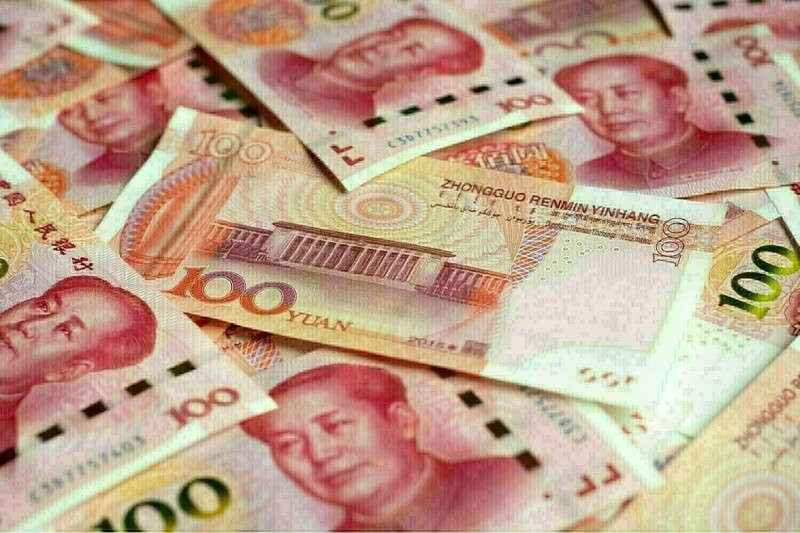SHANGHAI: China’s yuan leapt to a 1-1/2-month high against the dollar on Tuesday, the first trading session after the holiday, underpinned by investor hopes of a trade deal between the world’s two largest economies.
The offshore counterpart, which remained open during the long Labour Day holidays, surged past the psychologically important 7.2 per dollar mark a day earlier to a level last seen in November.
The currency’s upsurge comes after President Donald Trump on Sunday said the US was meeting with many countries, including China, on trade deals, and his main priority with Beijing was to secure a fair trade deal.
Beijing had earlier on Friday said it was “evaluating” an offer from Washington to hold talks over Trump’s tariffs, although it warned the United States not to engage in “extortion and coercion.”
“Hopes of a US-China dialogue and signs of progress on possible trade deals have reinforced the de-escalation thematic,” said Christopher Wong, FX strategist at OCBC Bank.
The yuan has faced mounting depreciation pressure after Trump unleashed sweeping reciprocal tariffs on April 2 and imposed 145% duties on Chinese goods, piling pressure on Chinese exporters and hurting the economy.
The onshore yuan rose to a high of 7.23 per dollar at one point in morning deals, the strongest level since March 20. It last traded 0.45% higher at 7.2388 as of 0202 GMT. The offshore yuan traded at 7.2346.
China’s yuan slips on tariff woes
Prior to the market opening, the People’s Bank of China (PBOC) set the midpoint rate, around which the yuan is allowed to trade in a 2% band, at 7.2008 per dollar, its strongest since April 7 and 510 pips firmer than a Reuters’ estimate of 7.2518.
The PBOC has slightly eased its control on the currency over the past month, allowing official guidance to weaken past the key threshold of 7.2.
However, the guidance came in stronger than market forecasts, which traders interpreted as an official attempt to keep the yuan steady while allowing some flexibility to counteract tariff shocks.
“The risk in the near term is for further yuan appreciation given that both sides are edging closer to talks,” analysts at Barclays said in a note.
“However, we think Chinese authorities will not want to see any sharp gain in the yuan … As reflected in recent PMI data, the trade war is clearly taking its toll and we still believe that China will want to utilise the yuan as a tool to mitigate against trade pressures, alongside fiscal and monetary stimulus.”
China’s factory activity contracted at the fastest pace in 16 months in April, a factory survey showed, keeping alive calls for further stimulus as Trump’s package of tariffs snapped two months of recovery.


